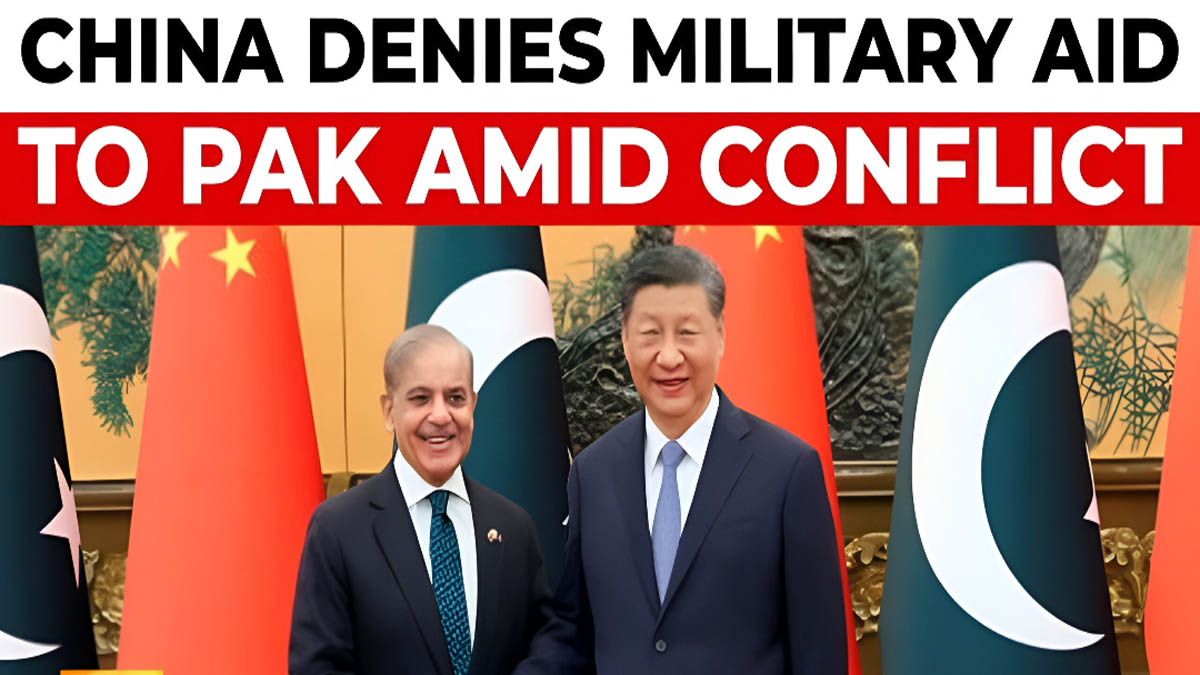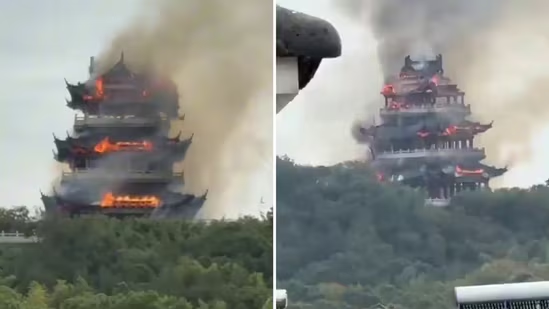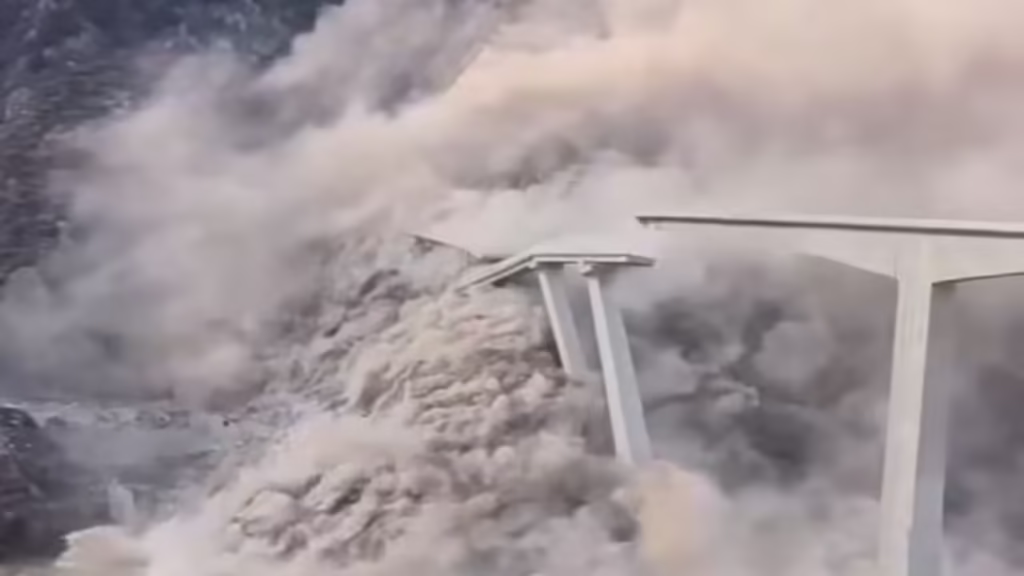Now Reading: China Extends Military Support to Pakistan Amidst Tensions with India
-
01
China Extends Military Support to Pakistan Amidst Tensions with India
China Extends Military Support to Pakistan Amidst Tensions with India

A recent report by a think tank affiliated with India’s Ministry of Defence has revealed that China provided significant military assistance to Pakistan during its recent conflict with India. This support reportedly included crucial air defense and satellite capabilities, suggesting a deeper level of Chinese involvement than previously known.
According to Ashok Kumar, Director General of the Centre For Joint Warfare Studies (CENJOWS) based in New Delhi, China played a crucial role in helping Pakistan reorganize its radar and air defense systems. This reorganization aimed to enhance Pakistan’s ability to detect Indian troop movements and weaponry deployments. Furthermore, Kumar stated that China assisted Pakistan in adjusting its satellite coverage over India during the two-week period following the April 22nd massacre of 26 tourists in Pahalgam, which triggered the recent escalation between the two nuclear-armed neighbors.
“It helped them to redeploy their air defense radar so that any actions which we do from the aerial route is known to them,” Kumar explained in an interview at the CENJOWS headquarters.
While the Indian government has not yet officially commented on the extent of China’s involvement, Pakistan has acknowledged using Chinese-supplied weapons during the conflict. However, Kumar’s assessment indicates that China’s support went beyond mere arms supply, extending to logistical and intelligence assistance.
The recent tensions between India and Pakistan escalated following the deadly attack on tourists in Pahalgam. India swiftly blamed Pakistan for sponsoring the attack, a charge Islamabad vehemently denied. The situation deteriorated rapidly, leading to diplomatic measures, including the cancellation of visas, recall of diplomats, and the closure of the land border and airspace. India also suspended a crucial water-sharing treaty.
Subsequently, India launched “Operation Sindoor” on May 7th, targeting what it claimed were nine terrorist hideouts across Pakistan and Pakistan-occupied Kashmir. Pakistan retaliated with missile and drone attacks on multiple Indian cities, targeting military installations and air bases. India responded by targeting Pakistani air bases, radar systems, and military infrastructure.
Amidst the escalating conflict, a ceasefire was brokered, reportedly with the mediation efforts of the United States. While there were initial reports of ceasefire violations from both sides, the Indian Army has since clarified that the cessation of hostilities agreed upon by the Director Generals of Military Operations (DGMOs) of both countries on May 12th has no expiry date.
The revelations about China’s support to Pakistan come at a time when India is already concerned about a potential two-front challenge involving both China and Pakistan. Kumar noted that India’s future defense planning would increasingly factor in the possibility of simultaneous aggression from both its neighbors. “Anything which is with China today can be deemed to be with Pakistan tomorrow,” he stated.
Interestingly, Kumar also suggested that the performance of some Chinese military systems deployed by Pakistan during the conflict was “below average” and had “failed miserably” in some instances, according to Indian military assessments. He did not provide specific details but highlighted that India’s integrated network of sensors effectively countered Pakistan’s use of hundreds of drones.
The close military and strategic ties between China and Pakistan have been a long-standing feature of the geopolitical landscape in South Asia. China has been a major arms supplier to Pakistan, and the two countries have engaged in joint military exercises and defense production collaborations. This relationship is often viewed as a counterweight to India’s regional influence.
The recent report of China’s active support during the conflict is likely to further strain the already tense relations between India and China. It also raises concerns about the regional security dynamics and the potential for future escalations. The visit of Pakistan’s Deputy Prime Minister and Foreign Minister Ishaq Dar to China on Monday for discussions on the “evolving regional situation” will be closely watched for any further insights into the nature of this cooperation.










